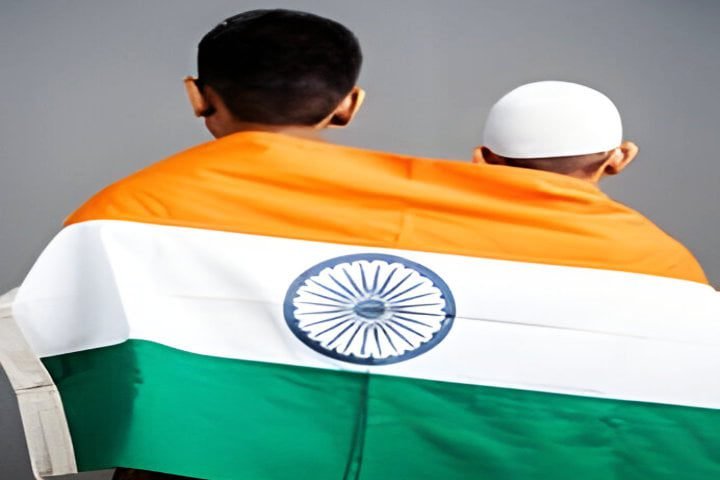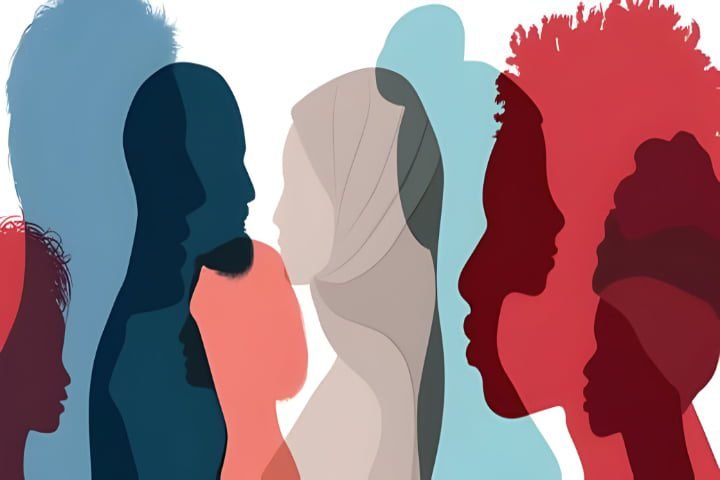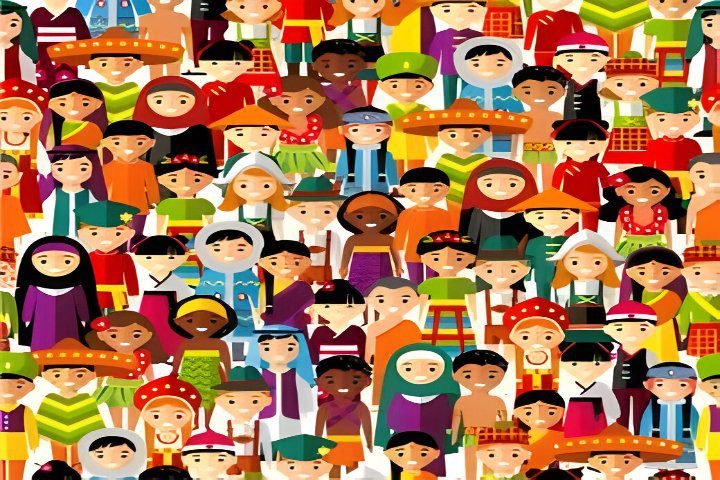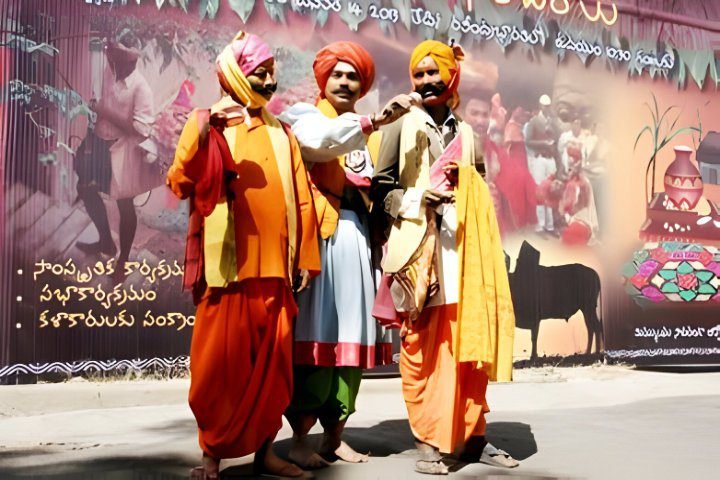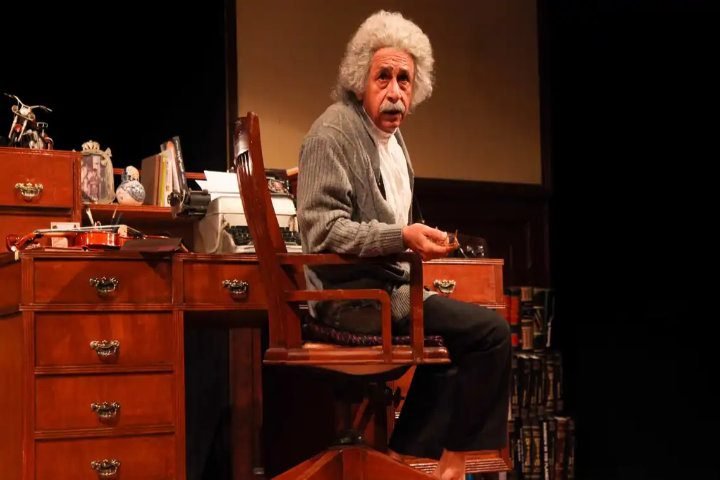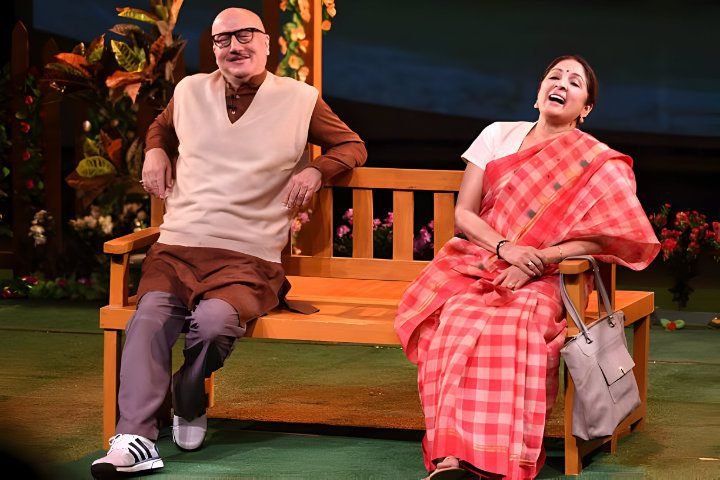CUET UG Culture and Communication
Culture and Identity
In India, culture and identity are strongly connected, thanks to the country’s many languages, religions, traditions, and histories that have evolved over thousands of years.
Indian culture is incredibly diverse, with each area having its own unique culture while still being a part of the larger Indian culture. This is why India is often called a subcontinent instead of a country. And Indians, despite numerous differences, share a collective identity and heritage.
In India, every individual possesses multiple identities. We have a caste identity, a regional identity, a religious identity, a linguistic identity, and finally, a national identity.
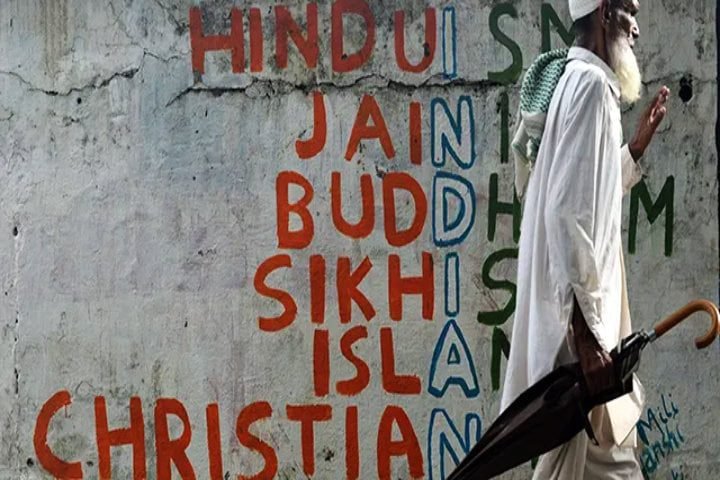
To explain this further, take the case of a person living in West Bengal who is Muslim by religion, speaks the Bengali language, and is also a proud Indian. This person is a Bengali, a Muslim, and an Indian simultaneously. He will often declare one of his identities prominently over others, according to his wish or as the situation requires.
Family structure, often extended and joint, is fundamental to the Indian social fabric. Indian family values inculcate respect for elders, the importance of community, and the value of relationships. It plays a crucial role in the transmission of culture, traditions, and values from one generation to the next, nurturing a strong sense of belonging and identity among individuals.
Politics of Identity
The question of identity is not just limited to individual choices and the influence of families. With India being the world’s largest democracy, this identity question plays out in every walk of life. Political parties rally people by propagating narratives according to their own idiologies, essentially projecting certain identities as superior to others.
However, communicating the distinction between “faith” and “identity” is a complex task that requires a nuanced understanding of both the social fabric of the country and the dynamics of political communication.
Ideally, faith is a matter of personal belief systems, while identity encompasses a broader range of attributes including ethnicity, language, culture, and national or regional belonging.
Let’s discuss the communication strategy of two prominent national political parties in India, the Bharatiya Janta Party (BHP) and the Indian National Congress (INC), on the matter of identity politics.
Ram Temple and Identity Politics
The Ayodhya dispute, settled by the judgement of the Supreme Court of India on November 9, 2019, has long been a focal point of religious and cultural identity politics in India.
The BJP has historically championed the cause of building a Ram temple on this site, which is believed by many Hindus to be the birthplace of Lord Ram, a revered deity in Hinduism. On January 22, 2024, India’s Prime Minister Narendra Modi completed the consecration ceremony for the Ram temple.
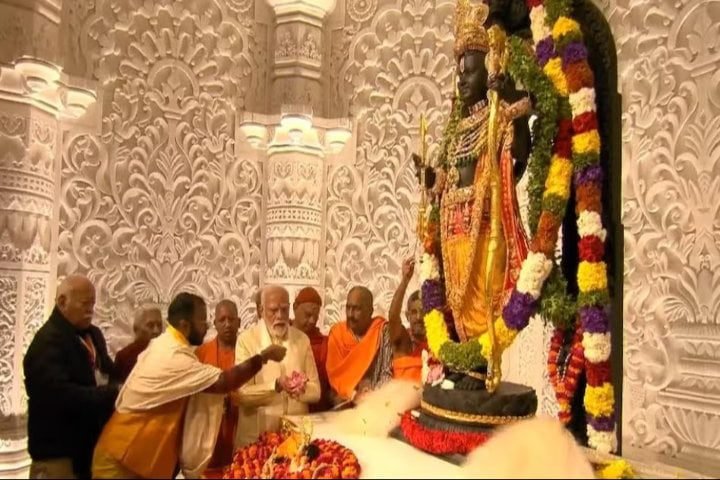
The BJP’s messaging around this issue exemplifies how Hindu cultural heritage and nationalism are intertwined with the religious significance of Lord Ram and the temple.
In its political messaging, the BJP has adeptly used the Ram Mandir issue as a symbol of cultural revivalism, associating the party with the protection and promotion of Hindu cultural identity.
The party has also framed the temple’s construction as part of a broader narrative of nation-building, linking it to themes of unity, heritage, and the rectification of historical injustices.
The Ram Mandir issue exemplifies how faith and identity can be potent tools in political communication, capable of mobilizing support, shaping political narratives, and influencing the national discourse.
Secularism and Identity Politics
The Indian National Congress (INC), the oldest political party in India, has often positioned itself as a counter-narrative to the BJP, especially on matters of faith and identity. A specific example of this is the INC’s approach to secularism, which they have used to distinguish their messaging and appeal to a broader, more diverse electorate.
The Congress party has historically emphasised secularism as a core value, advocating for a pluralistic and inclusive vision of India that accommodates and celebrates its religious and cultural diversity. This principle has been central to their counter-narrative against the BJP, especially in contexts where the latter is perceived to be advancing a more homogenous vision of Hindu identity.
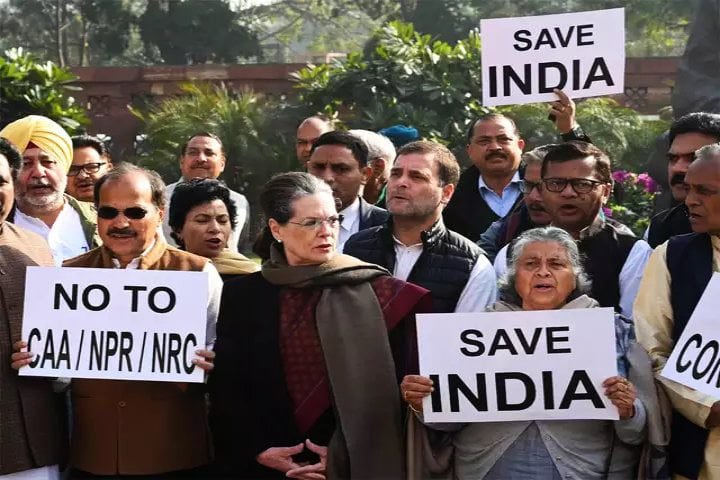
One significant point of contention in this context is the response of INC to the Citizenship Amendment Act (CAA), passed by the Indian Parliament in December 2019.
The BJP government argued that the law was intended to protect religious minorities from neighbouring countries. However, INC projected it as discriminatory against Muslims and undermined India’s secular constitution. They participated in and supported protests against the CAA, asserting that the legislation threatened the fabric of national unity and inclusivity.
In their messaging, the Congress party emphasised themes of unity, secularism, and an inclusive Indian identity that go beyond religious divisions. They positioned themselves as defenders of a constitutional ethos that respects and protects diversity.
Findings of Pew Research Center survey of religion in India
A major survey of religion across India, based on nearly 30,000 face-to-face interviews of adults conducted in 17 languages between late 2019 and early 2020, conducted by the “Pew Research Center,” finds that Indians are united in the view that respecting other religions is a very important part of what it means to be a member of their own religious community.
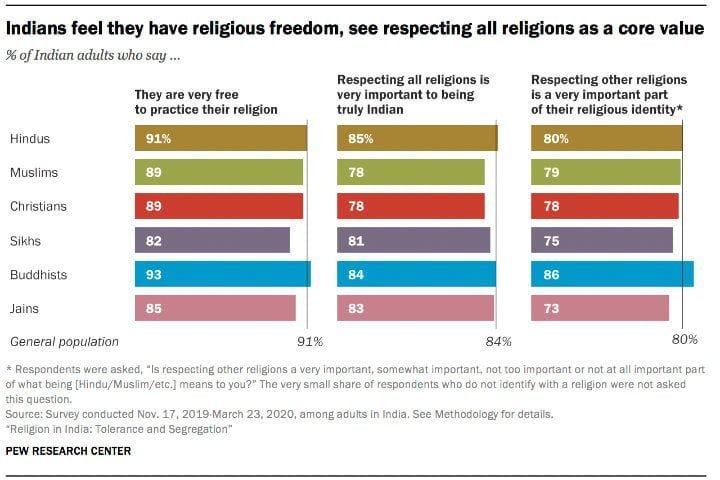
Yet, despite sharing certain values and religious beliefs—as well as living in the same country under the same constitution—members of India’s major religious communities often don’t feel they have much in common with one another. 66% of Hindus see themselves as very different from Muslims, and 64% of Muslims believe they are very different from Hindus.
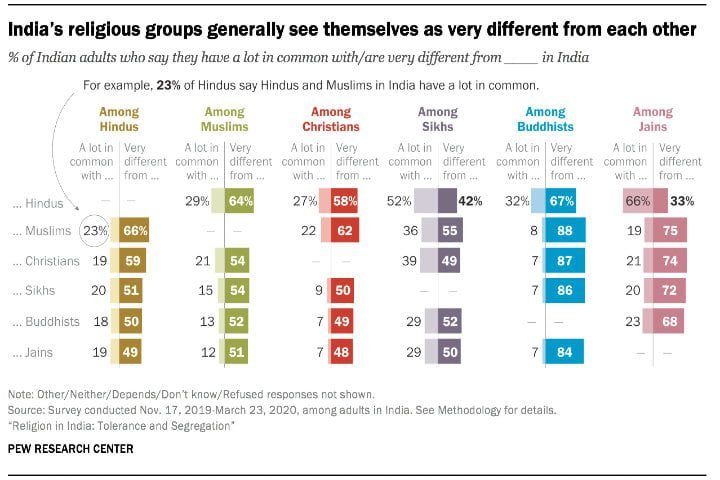
Moreover, Indians generally stick to their own religious group for social interaction. Many Indians, across a range of religious groups, say it is very important to stop people in their community from marrying into other religious groups. Fewer Indians go so far as to say that their neighbourhoods should consist only of people from their religious group.
Conclusion
It is a great paradox that Indians, who express enthusiasm for religious tolerance, also show a consistent preference for keeping their religious communities in segregated spheres. So, we may say that Indians prefer to live together separately.
To sum up, Indian culture and identity aren’t static but rather dynamic, evolving with time while retaining key elements from the past.
India is an intriguing case study of how culture influences and is influenced by individual identities due to the intricate link between tradition and modernity, unity and diversity, and the innumerable ways in which culture is manifested in everyday life.
The CUET UG Mass Communication syllabus contains this topic under the Culture and Communication section.

